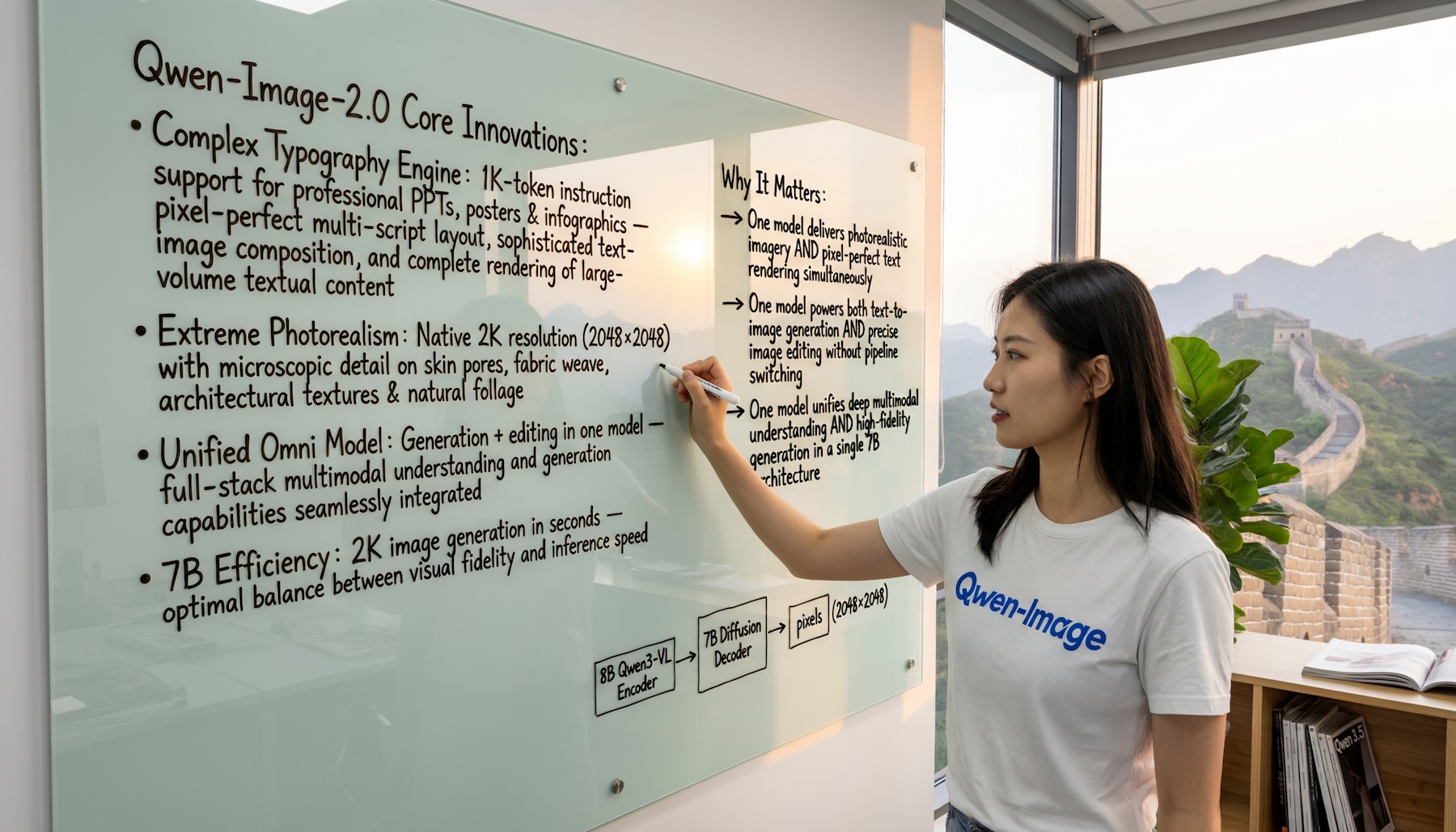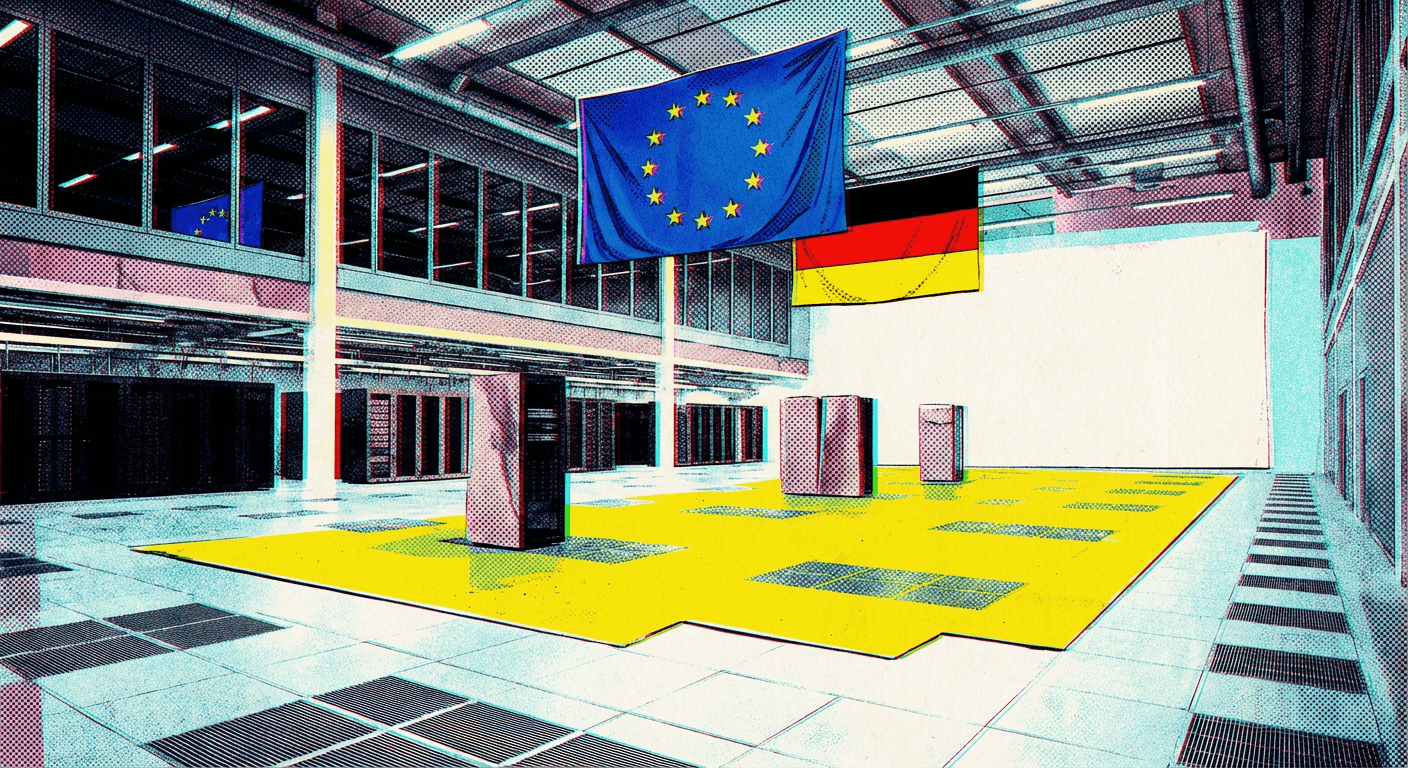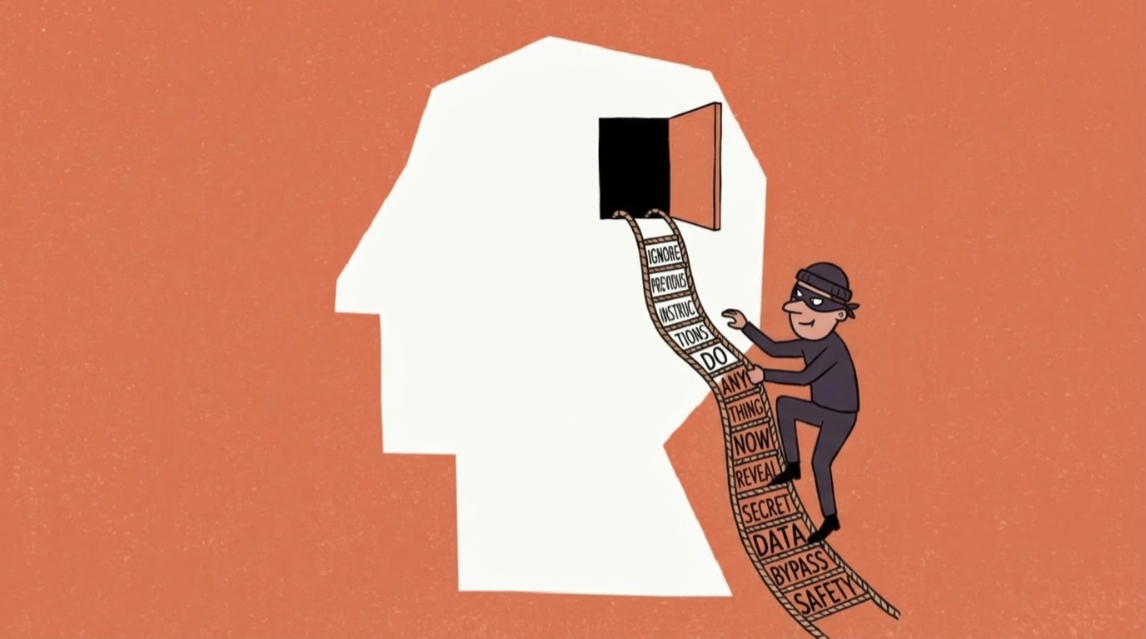The company plans to fully absorb grid upgrade costs, invest in new power generation, and cap its data centers' energy consumption during peak hours. Anthropic CEO Dario Amodei told NBC News that the costs of AI models should fall on Anthropic, not on citizens.
Microsoft and OpenAI made similar commitments back in January. The pledges come amid growing political pressure: New York senators introduced a bill that would pause new data center permits, and Senator Van Hollen is pushing legislation that would require AI companies to cover expansion costs themselves.
According to Politico, the Trump administration is also preparing a voluntary agreement that would commit AI companies to covering electricity price increases. The Lawrence Berkeley National Lab estimates that data centers could consume around 12 percent of all US electricity by 2028 - up from 4.4 percent in 2024.


